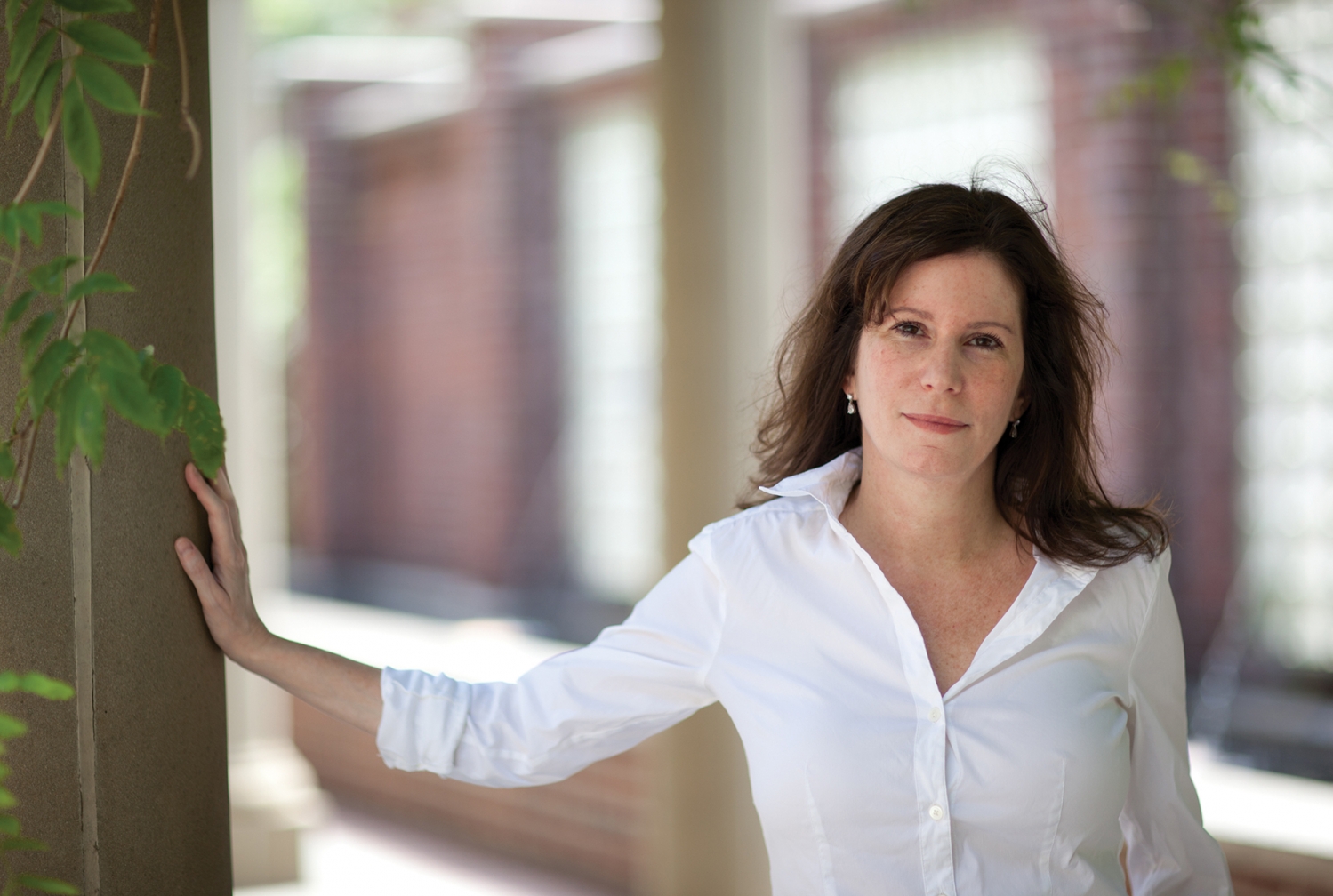Neuroscientist Dr. Sheila Nirenberg sees the brain as a giant math problem — one she wasn't always planning to work on.
As a college student, Dr. Nirenberg envisioned herself not as a scientist but as a writer. Winning a short story contest when she was just a freshman in college seemed to validate her intended career path.
"But then I realized that I was so young — what did I know about anything to write?" said Dr. Nirenberg, now the Nanette Laitman Professor in Neurology and Neuroscience, a professor of physiology and biophysics and a professor of computational neuroscience in the HRH Prince Alwaleed Bin Talal Bin Abdulaziz Al-Saud Institute for Computational Biomedicine at Weill Cornell Medical College. "So I started taking classes in everything so I could expand my breadth."
One of them happened to be a course in genetics, and she was immediately hooked. She switched her major to psychology, won a science award and set her sights on graduate school. She went on to earn a doctorate in neuroscience with an emphasis on molecular biology at Harvard.
Now, Dr. Nirenberg is developing a treatment for blindness after cracking the neural code that translates light received by the retina into the images we see. Having decoded the neural communication underlying the brain's visualization system, she is developing an artificial retina that could help millions of people who suffer from blindness due to degenerative retinal disease.
"I've always known that if I understood this code I could make better prosthetic devices, but there was a limiting factor of how to send the information into the neural system," Dr. Nirenberg said. "It's two components that you need: You need the code and you need a way to get the neurons to send the code up to the brain. The field of optogenetics offered a solution for the second part. Once the two parts were put together, it worked almost immediately, because the logic behind it makes sense."
The prosthetic retina Dr. Nirenberg designed, which has shown promise in animal studies, doesn't require surgery. A combination of gene therapy and a wearable device, the treatment involves the administration of an eye injection containing the optogenetic component — a protein called channelrhodopsin that is sensitive to light. After they receive the therapy, patients would just need to wear visor-like glasses that interact with the protein through light pulses. The glasses contain a small camera and a computer chip. The camera takes in the images, and the computer chip converts them into the retina's code — the same code it normally uses to communicate with the brain. The code is then converted into light pulses to stimulate the light-sensitive protein that was injected into the eye, which tells the brain what the wearer is looking at.
This device, which Dr. Nirenberg's biotech company Bionic Sight is tasked with developing for general use, has earned Dr. Nirenberg national recognition. The MacArthur Foundation honored her work last fall by selecting her for the prestigious Genius Award, which carried an unrestricted $625,000 cash prize.
Dr. Nirenberg can still recall her reaction to winning the award.
"I stopped moving and held my breath, because the reception on the phone was so noisy, and I wanted to be sure I was really hearing the amazing news this person was saying to me — that I won a MacArthur Award," she gushed. "It's an unbelievably thrilling thing."
Dr. Nirenberg is already looking ahead and envisions her discovery helping people with other disabilities. The same approach, in principle, can be used to create better cochlear implants, as well as motor prosthetics to help patients affected by a stroke or paralysis, she said.
"Once I had the idea, and the pilot experiments worked, it was no longer a science project anymore, it was real, and it became my responsibility to bring it forward" Dr. Nirenberg said. "I'm going to hit bumps and obstacles, but I won't quit, I promise."

